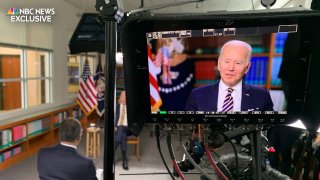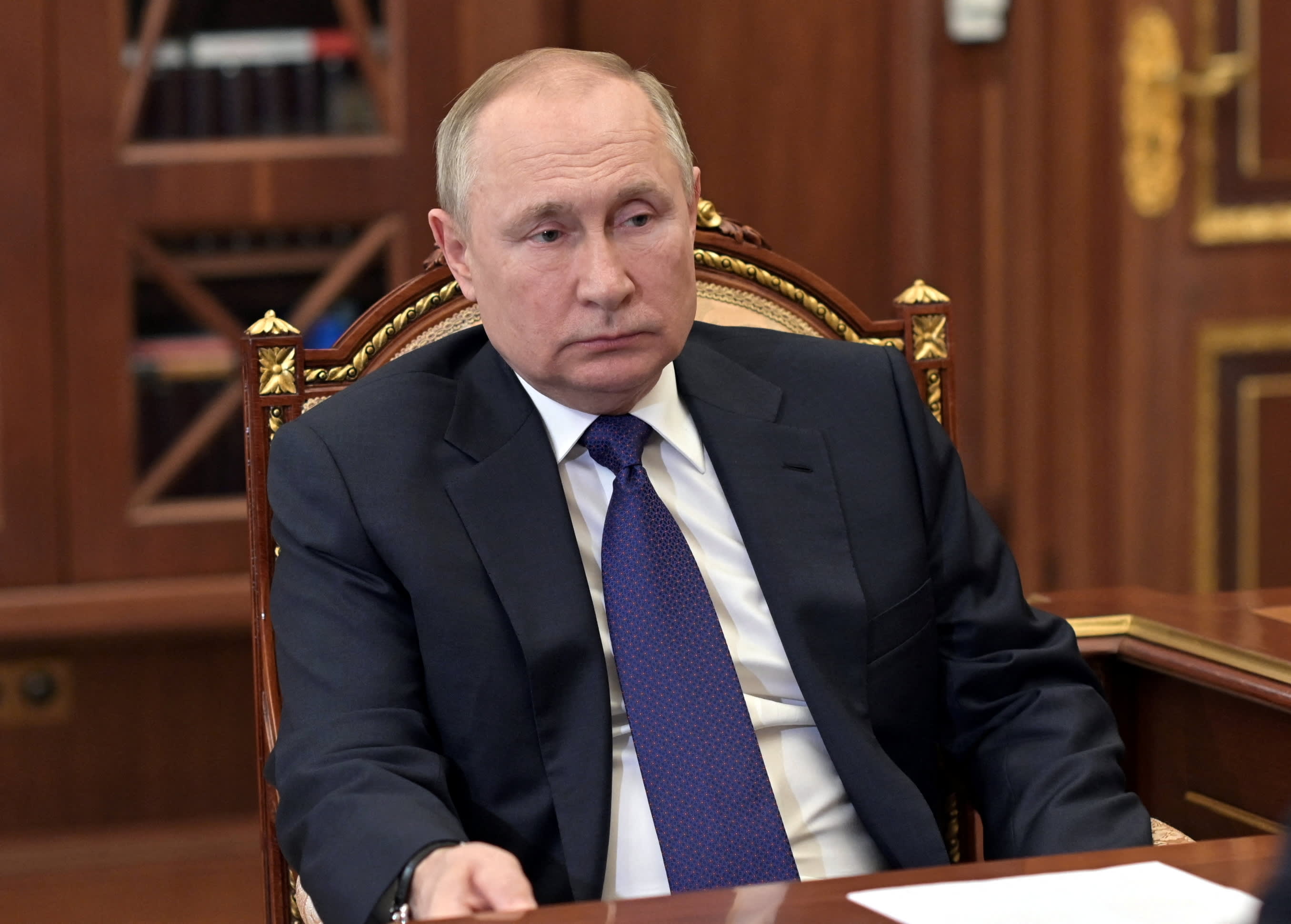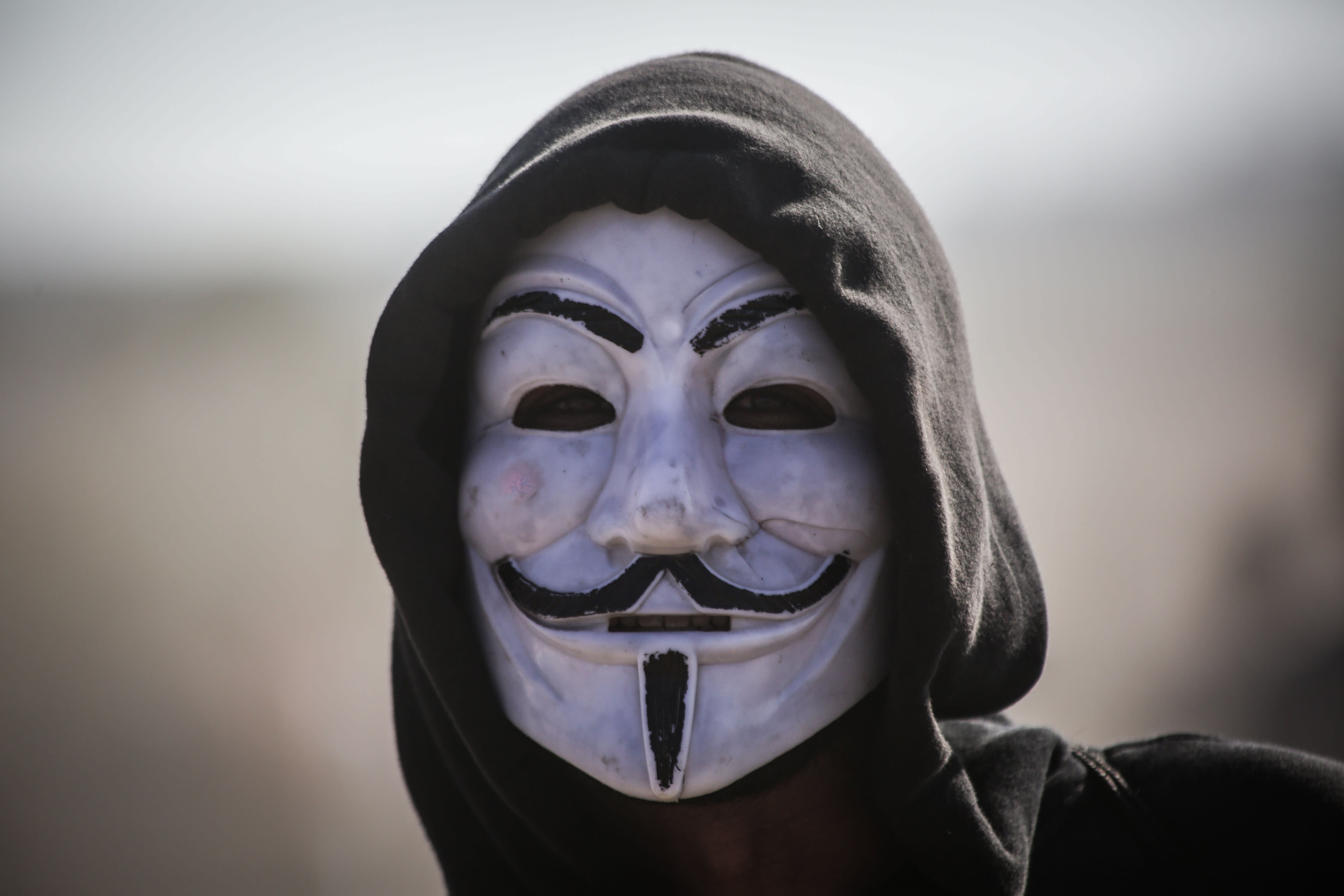
President Joe Biden faces an American public unhappy with the job he has done and a crisis in Ukraine where Russian troops are moving on Kyiv when he gives his first State of the Union speech Tuesday night.
Biden’s address, to be delivered at 9 p.m. ET, is a chance to refocus what he promised would be a bold domestic agenda but which has been stymied by key Democrats and opposition Republicans. He now will include Russia’s invasion of Ukraine when he speaks to Congress and the threats to democracy posed by Russian President Vladimir Putin.
“Certainly, what we’re seeing on the ground in Ukraine, the fact that the president has built a coalition of countries around the world to stand up against Russia and Putin and put in crippling sanctions, that is part of what people will hear,” White House press secretary Jen Psaki said Monday in an interview on MSNBC.
A year after taking office, Biden will urge Congress to pass some of what he hoped would be signature Build Back Better legislation that was torpedoed by Democratic Sens. Joe Manchin of West Virginia and Kyrsten Sinema of Arizona, according to NBC News. He will tout gains since the coronavirus pandemic upended the economy in 2020.
We've got the news you need to know to start your day. Sign up for the First & 4Most morning newsletter — delivered to your inbox daily. >Sign up here.
The American public has given Biden poor marks for his presidency so far. In January, 54% of adults surveyed for an NBC News poll disapproved of the overall job he was doing. On the economy, 60% disapproved.
Biden set out some of what he hoped to accomplished when he spoke to a joint session of Congress in April. Here’s a look back on some of the key issues during his first year in office.
CRISIS IN UKRAINE
Russian’s invasion of Ukraine last week, a major escalation in hostilities between the two countries, has spurred the international community to confront Putin. Biden and other world leaders moved to isolate Putin and his government, imposing sanctions that can cripple the Russian economy but limited by Russia’s nuclear arsenal. Even as Ukrainians put up an unexpected defense against the Russians, deadly airstrikes and shelling continue and a military convoy of more than 40 miles long threatens Kyiv.
Biden took office after intelligence officials found Russia had interfered in the 2020 and 2016 elections to help former President Donald Trump. The Biden administration sanctioned Moscow in 2021 over the efforts to interfere with elections and cyberattacks.
A year ago, Biden said he had made clear to Putin that the United States did not seek an escalation of tensions but that Russia’s actions would have consequences. “I responded directly and proportionally to Russia’s interference in our elections and the cyberattacks on our government and our business,” Biden said. “They did both of these things, and I told them we would respond, and we have.”
More Ukraine Coverage
COVID-19 RESCUE PLAN
“Together we passed the American Rescue Plan — one of the most consequential rescue packages in American history,” Biden said in April. “We’re already seeing the results.”
Biden’s $1.9 trillion COVID-19 rescue package, formally the American Rescue Plan, was his top priority coming into office. It provided $400 billion to get vaccines to the public, reopen schools and provide other direct pandemic aid, and $350 billion to shore up state and local budgets. Other allocations: $1,400 for direct payments to individuals, more generous unemployment benefits, and subsidies for child care. He proposed the plan just before he was sworn in as president and signed it into law in March. Democrats passed the package without Republican support.
COVID-19 VACCINES
“After I promised we’d get 100 million COVID-19 vaccine shots into people’s arms in 100 days, we will have provided over 220 million COVID shots in those 100 days,” Biden said in April.
The administration of vaccines surged when they first became available, but then fell off. Among the U.S. population, 64.9% is fully vaccinated, and 43.7% has gotten a booster shot too, according to the Centers for Disease Control and Prevention. That translates into 553 million doses administered.
After the initial excitement wore off, the vaccines became highly politicized. Republicans objected to mandates, and blamed Biden when coronaviruses cases rose. As the omicron variant swept across the country, the Supreme Court struck down a Biden administration mandate that employees of large business be vaccinated or tested after two dozen mostly Republican-led states and others sued. A separate mandate involving health care workers was allowed to stand.
Vaccine rates vary across the country, from 81.2% fully vaccinated in Puerto Rico to 50.1% in Alabama, according to National Public Radio. Differences by party are stark too. As of September 2021, 90% of Democrats were vaccinated compared to 58% of Republicans, The Brookings Institution found.
THE PANDEMIC ECONOMY
“And in the process, while this was all going on, the economy created more than 1,300,000 new jobs in 100 days — more jobs in the first— more jobs in the first 100 days than any president on record,” he said in April. “The International Monetary Fund is now estimating our economy will grow at a rate of more than 6 percent this year. That will be the fastest pace of economic growth in this country in nearly four decades.”
The U.S. economy added 6.2 million jobs between January 2021 and January 2022, but has not regained all of the jobs lost during the pandemic. The economy did grow at the fastest rate in decades, at 5 percent in 2021, according to FactCheck.org. The Bureau of Economic Analysis noted that the pace through the year was uneven, from 2.3% in the third quarter to 6.9% from October to December.
But inflation is now a serious problem. The Consumer Price Index rose 6.8%, while gasoline prices are up 39%, FactCheck.org found. Wages also are up but once adjusted for inflation, they declined 2.2% for production and nonsupervisory workers.
Inflation rose 7.5 percent for January over the previous year, beating the 40-year high set in December. Prices increases hit food, electricity and housing, in particular.
The federal debt continues to rise, with annual deficits remaining in the trillions. The U.S. trade deficit also is increasing, growing 27.3% under Biden, FactCheck.org found.
BIPARTISAN INFRASTRUCTURE BILL & BUILD BACK BETTER
Biden was able to get trillion-dollar legislation known as the "Bipartisan Infrastructure Bill" passed. It will be used to rebuild roads and bridges, expand high-speed internet access across the United States, replace lead pipes in water systems and improve airports.
But the legislation did not include many of Biden's other climate and social spending priorities. They included early childhood education, paid family leave, clean energy to curb climate change, health care improvements and other initiatives.
Those initiatives were included in the "Build Back Better" legislation that was approved by the House but ran up against Manchin and Sinema, whose votes were needed for its passage in the Senate.
Even cut to nearly $2 trillion over the decade from $3.5 trillion, they refused to support it over concerns about the deficit and inflation to criticism from the Democratic colleagues.
"I cannot take that risk with a staggering debt of more than $29 trillion and inflation taxes that are real and harmful to every hard-working American at the gasoline pumps, grocery stores and utility bills with no end in sight," Manchin said in a statement
The bill would "risk the reliability of our electric grid and increase our dependence on foreign supply chains," he said.
U.S. SUPREME COURT NOMINATION
Biden has nominated Judge Ketanji Brown Jackson to the opening on the Supreme Court, fulfilling a promise he made. If confirmed, she would be the first Black woman to sit on the court.
Justice Stephen Breyer is retiring.
Jackson was one of Biden’s first judicial nominees. She was confirmed to the U.S. Court of Appeals for the D.C. Circuit last year.
She also served as the vice chair of the U.S. Sentencing Commission, as a public defender and as a law clerk to Breyer.



